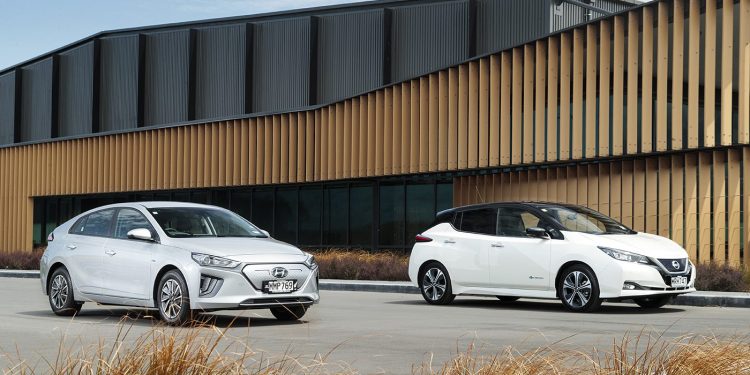NZ ranked as one of the cheapest places to own an EV
While a large chunk of plug-in vehicle discussion stems from questions about publicly available infrastructure amid fears of ‘range anxiety’, it’s often overlooked by laymen that most electric vehicle owners plug in their cars at home.
Those who stray from public chargers reap the greatest cost benefits. And, according to one study, Kiwis who do this are ahead of the majority when it comes to how much they’re paying.
UK insurance firm Uswitch.com has conducted a global study designed to find out which countries are the cheapest to live in if you’re an electric vehicle owner, and if you’re a petrol vehicle owner.
On the EV side, the study used a Nissan Leaf E+ as a yardstick, posing how much distance on average you’d be able to travel at a cost of £50 (or around $100). Not only did the study show the cost-to-run rankings of a raft of countries, it also highlighted the disparity in cost-to-run when comparing EV costs to petrol costs.

Curiously, it was Lithuania that topped the EV study, with EV owners able to travel an enormous 7,136km for $100, on average. It was trailed by Norway and Austria, with EV owners in each nation able to travel around 6,712km and 6,646km respectively for the same money.
Seven of the top 10 nations were from Europe. The only outliers were Chile in fourth, Canada in 10th, and New Zealand in eighth. Kiwi owners with the same vehicle are able to travel 5,649km at the same cost, the study claims.
As you might expect, New Zealand didn’t fare so well when it came to how much petrol we would be able to buy for $100. Uswitch.com conducted this half of the study using the Volkswagen Golf Life 1.0-litre as a base test subject. The United States unsurprisingly topped the list, with owners able to travel 1,440km for the money.

Australia (1,188km) and Mexico (1,194km) filled the podium, with New Zealand down in the doldrums with $100 of petrol only able to buy 794km of travel. Perhaps just as interesting a point is that the same amount spent on EV travel was seven times the value.
The study used international power prices sourced from World Bank, and petrol prices sourced from WorldPetrolPrices.com. Costs were then calculated based on a 10,000 mile (16,093km) annual range in each car. The study didn’t factor in other costs, such as insurance.
“As the motor industry begins to move away from petrol and diesel, this study shows how economical running an electric car really is,” says Joel Kempson of Uswitch.com

“Electric vehicles are much cheaper to recharge than the cost of filling up your tank, so even though their tanks won’t take you as far as a petrol car, owning an EV could make better sense for your finances.
“It will be interesting to see how the adoption of EVs progresses as more drivers become aware of the savings that can be made as it’s not just the fuel costs – electric cars are currently exempt from vehicle tax, and some councils have savings schemes in place.
“When it comes to insuring an EV, there is a common misconception that it can be a pricey part of ownership. However, as more motorists opt for an EV, the insurance market will correct itself and we should see prices fall.”





